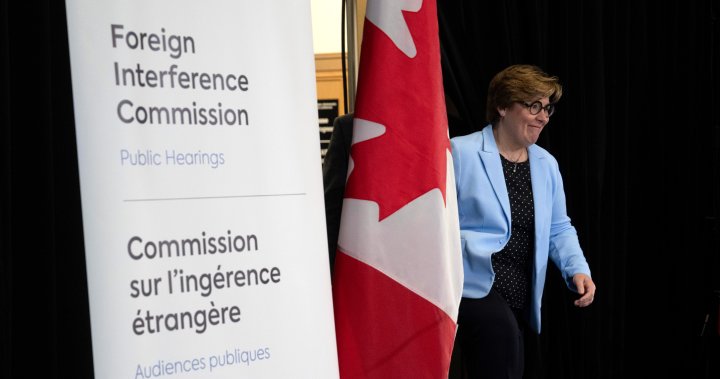Foreign state and non-state actors are actively collecting vast amounts of data on Canadians in order to enhance their foreign influence campaigns, according to Alia Tayyeb, the deputy chief of the Communications Security Establishment (CSE). Tayyeb highlighted the prevalence of personal information online and the use of big data collection by hostile intelligence agencies to influence campaigns. She emphasized the importance of understanding how personal and commercial information is being used for espionage and foreign interference activities. While the CSE is not allowed to spy on Canadians, they play a role in countering cyber threats and supporting domestic law enforcement and security agencies.
The CSE, along with other security organizations like the Canadian Security Intelligence Service (CSIS) and the RCMP, were tasked with safeguarding Canada’s democratic institutions ahead of the 2019 election in response to concerns about foreign interference. This move was prompted by events such as the 2016 U.S. presidential election, the 2017 French presidential election, and the Brexit referendum in the U.K. The Canadian intelligence community observed a consistent level of cyber threats from hostile states leading up to the election, with no significant spike in activity. Despite the ongoing threats, the integrity of Canada’s electoral system was maintained, with Canadians ultimately responsible for electing their government in both the 2019 and 2021 elections.
Caroline Xavier, the current chief of the CSE, reiterated the importance of recognizing that threats to Canada’s democratic institutions are not limited to electoral periods. The focus of the foreign interference commission, led by Justice Marie-Josée Hogue, is on influence operations during the 2019 and 2021 general elections, as well as the federal government’s response to these threats. The inquiry has uncovered significant details about foreign interference in Canada, including instances where candidates in the 2019 election appeared willing to cooperate with foreign interference schemes. The ongoing testimony phase of the inquiry is scheduled to continue until October 16, with various senior intelligence officials, bureaucrats, and politicians, including Prime Minister Justin Trudeau, providing testimony.
Justice Hogue’s final report and recommendations are expected to be completed by the end of the year, addressing the findings and implications of foreign interference in Canada’s democratic processes. The inquiry has shed light on the tactics used by foreign state and non-state actors to influence Canadian politics through the collection of personal data and the manipulation of information for their own agendas. As the threat landscape evolves, it is crucial for Canadian security agencies to remain vigilant and proactive in countering foreign interference efforts. The findings of this inquiry will play a key role in shaping future strategies and policies to safeguard Canada’s democratic institutions from external threats.


